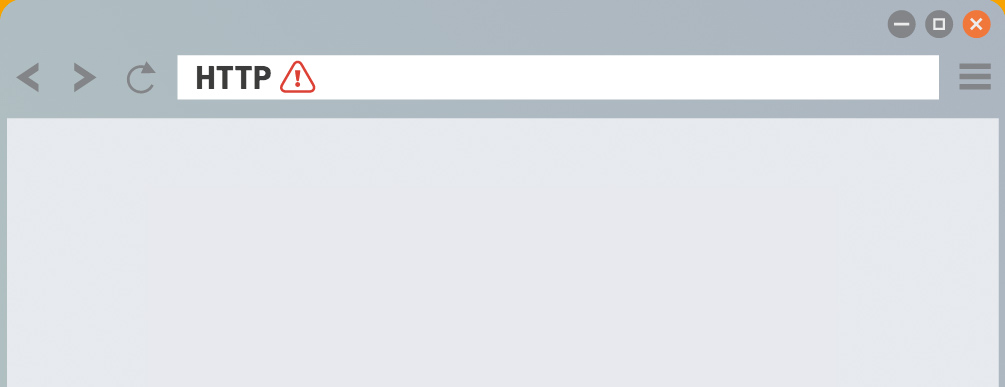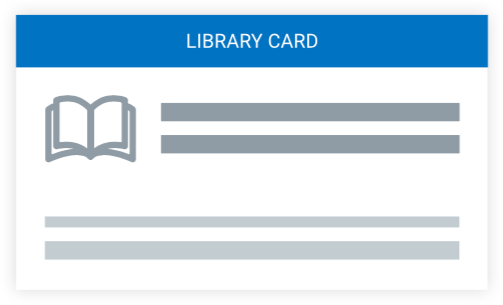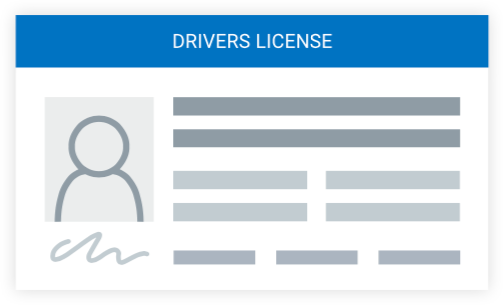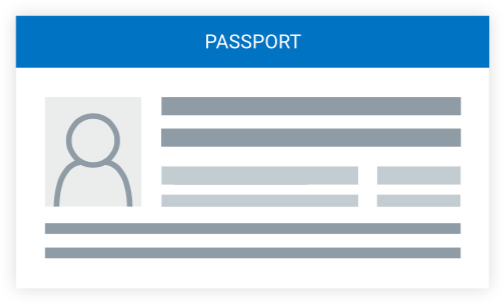SSL Certificates
Secure your site and add trust & confidence for your visitors.
With a range of brands, we have the right certificate for all your site security needs
Choose your level of validation
Domain Validation (DV)
Issued in minutes, ideal for blogs, social media & personal websites
BuyOrganization Validation (OV)
Company identity included in certificate, ideal for business websites
BuyExtended Validation (EV)
Green address bar & company name displayed, ideal for ecommerce
BuyWhat is SSL?

SSL Certificates are fundamental to internet security. They are used to establish an encrypted connection and allow data to be transmitted securely between a browser or user's computer and a server or website.
- Establishes a secure connection between a browser and a server
- Encrypts communication to protect sensitive information your customers provide to you
- Places a padlock next to your web address in the browser
- Authenticates an organization's identity
Standard SSL (Domain Validated) Certificates are the easiest and most common type of SSL certificate. OV and EV Certificates also authenticate the identity of the company or organization that holds the certificate providing more trust to end users.
Improve Your Search Engine Ranking
Establish trust and online security for your website visitors and business.
Google wants to make the web safer and a big part of that involves making sure that the sites people access via Google are secure. That's why websites using SSL have been shown to benefit from higher ranking in search results.
There's also a lot more reasons why you should consider adding SSL to your website:
Browsers have changed, don't get left behind

 Web pages not served via HTTPS are now being displayed as ‘not secure’ in Google Chrome and Mozilla Firefox. Don't let your website be one of them. Add SSL today.
Web pages not served via HTTPS are now being displayed as ‘not secure’ in Google Chrome and Mozilla Firefox. Don't let your website be one of them. Add SSL today.
Upgrade to Extended Validation SSL
While all SSL certificates use similar methods to protect and validate your data, the level of trust and assertion they provide varies.
Extended Validation Certificates offer the highest level of validation and trust. They validate and display the name of the company or organisation along with the green address bar which is one of the most highly recognizable trust indicators on the web.
While the need for online security is universal, not all SSL Certificates are created equal. The guide below is designed to help you decide which type of certificate is right for you.
Domain Validation (DV)
- Verifies ownership and control of the domain name only
- Issued in minutes
- Maintains browser compliance
Ideal for non-critical web pages

Think of DV like getting a library card—no confirmation of who you really are, very minimal requirements to obtain and issued very quickly.
Browse Domain Validation CertificatesOrganization Validation (OV)
- Enhanced validation including authenticating the identity of the applicant
- Issued within one day
- Maintains browser compliance
Ideal for more sensitive webpages such as login pages

Think of OV like getting a driver’s license—more hoops to jump through than a library card but more trusted as a form of identification.
Browse Organization Validation CertificatesExtended Validation (EV)
- Standards-based approach to authentication, representing the highest level of authentication for SSL Certificates
- Typically issued within 1-3 days
- Maintains browser and other industry compliance
Ideal for sensitive webpages including ecommerce, online banking, account signups

Think of EV like getting a passport—much more stringent processes, longer lead times and more verification of who you are than with a library card or driver’s license. Recognized internationally as the most trusted way to verify your identity.
Browse Extended Validation CertificatesWhat is an SSL Certificate?
SSL Certificates enable data encryption on the internet and allow data to be transmitted securely from a web server to a browser. With SSL, your website can use the https protocol and will display a padlock in end users web browsers to indicate the connection is secure.
Why do I need an SSL Certificate?
SSL Certificates are an essential part of the internet. They not only encrypt communication between your computer and the server where a website is located, but they also provide verification that a site is what it claims to be.
What are the different types of SSL?
There are 3 different levels of vetting that SSL Certificates are based upon. Domain Validated (DV) , Organization Validated (OV), and Extended Validation (EV). The major difference between the types of certificate relates to the information the Certificate Authority, RapidSSL, GeoTrust and Symantec, requires and validates in order to issue a certificate. The higher levels of certificate require more information, and often is displayed in the browser bar. EV SSL for example turns the browser bar green and displays the organization name to visitors to generate more trust.
What if I already have an SSL Certificate?
You can switch to us at any time. We offer highly competitive pricing and if you already have an existing certificate, we'll add any remaining validity that you have on your existing competitor SSL Certificate up to a maximum of an additional 12 months. Learn more



